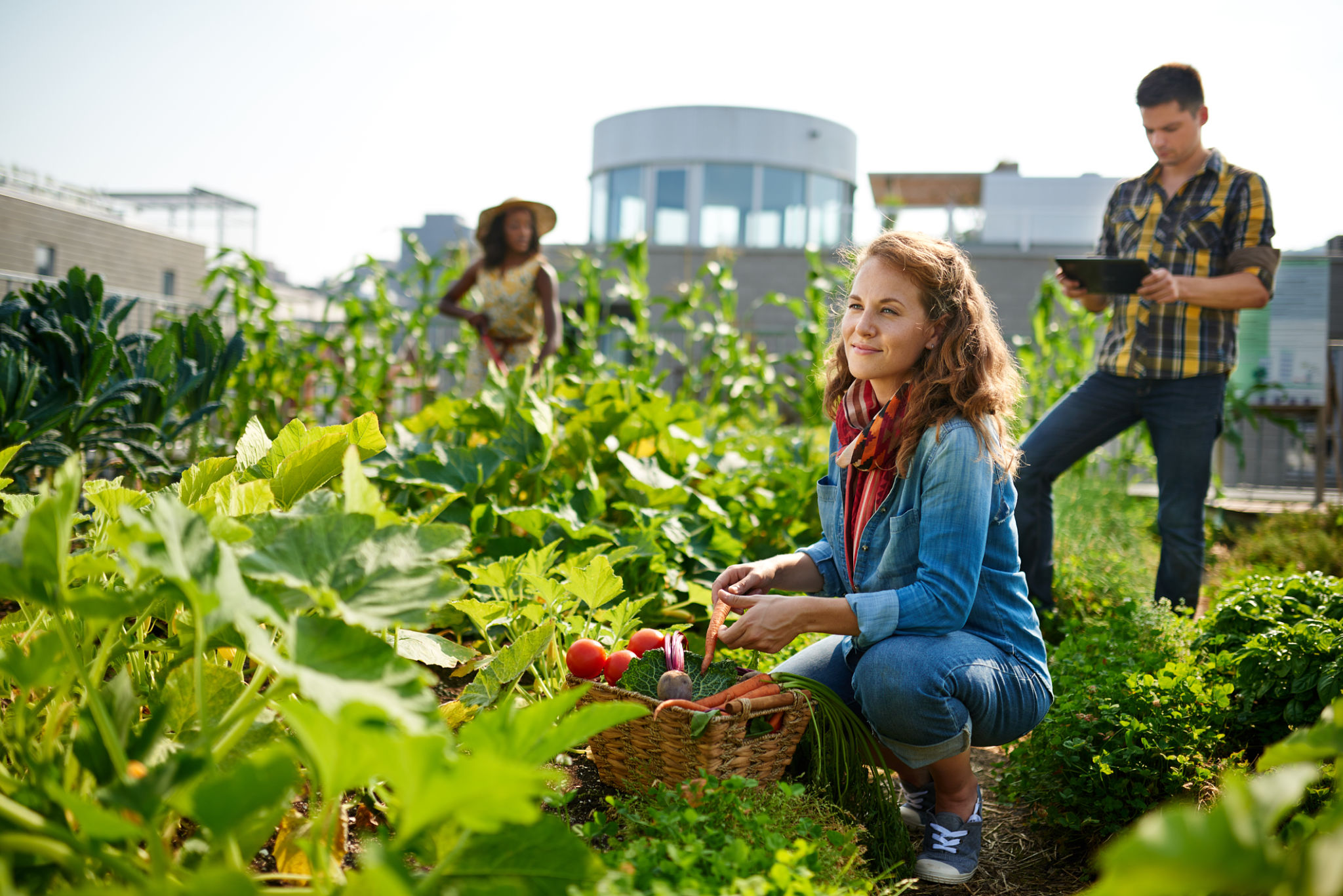Expert Tips on Organic Farming from Sunrise Farm Lombok's Agronomists
Understanding the Principles of Organic Farming
Organic farming is more than just a trend; it's a sustainable approach to agriculture that emphasizes ecological balance and biodiversity. At Sunrise Farm Lombok, our agronomists have mastered the art of organic farming, ensuring that every practice benefits both the environment and the community. By focusing on natural processes, organic farms support healthier ecosystems and produce nutritious crops.
One of the key principles of organic farming is maintaining soil health. This involves using natural fertilizers such as compost and green manure, which enrich the soil with essential nutrients. Healthy soil not only supports robust plant growth but also reduces the need for chemical inputs, making it a cornerstone of sustainable agriculture.

Crop Rotation and Diversity
Crop rotation is a fundamental technique employed by Sunrise Farm Lombok to enhance soil fertility and prevent pest infestations. By rotating different crop families through the fields, farmers can naturally disrupt pest life cycles and improve the soil structure. This practice also helps in reducing soil erosion and increasing biodiversity on the farm.
Additionally, planting a diverse range of crops fosters a balanced ecosystem. This diversity attracts beneficial insects that act as natural pest controllers, reducing the need for synthetic pesticides. Furthermore, diverse plantations can offer multiple harvests throughout the year, boosting farm productivity and resilience against market fluctuations.

Integrated Pest Management
Integrated Pest Management (IPM) is another critical component of organic farming practiced at Sunrise Farm Lombok. IPM involves monitoring pest populations and employing a combination of biological, cultural, and mechanical control methods to manage pests effectively. This approach minimizes environmental impact while maintaining crop health.
For example, introducing natural predators like ladybugs and birds helps control aphid populations. Additionally, using physical barriers such as nets or traps can prevent pests from damaging crops without resorting to chemical treatments. These strategies not only protect the crops but also preserve the farm's ecological integrity.

Water Conservation Techniques
Water conservation is crucial in organic farming, especially in regions prone to droughts. Sunrise Farm Lombok employs various water-saving techniques to ensure efficient use of this vital resource. Drip irrigation systems are widely used to deliver water directly to plant roots, minimizing evaporation and runoff.
Mulching is another effective technique that helps retain soil moisture while suppressing weed growth. By covering the soil with organic materials like straw or wood chips, farmers can reduce water loss and maintain optimal soil temperature. These practices contribute to sustainable water management on the farm.

Community Engagement and Education
At Sunrise Farm Lombok, community engagement is an integral part of their organic farming philosophy. The farm regularly conducts workshops and training sessions to educate local farmers about sustainable practices. By sharing knowledge and resources, they empower the community to adopt organic methods and contribute to environmental conservation.
The farm also collaborates with schools and organizations to raise awareness about the benefits of organic farming. Through educational programs and farm tours, they inspire future generations to value sustainable agriculture and make informed choices about food production.
